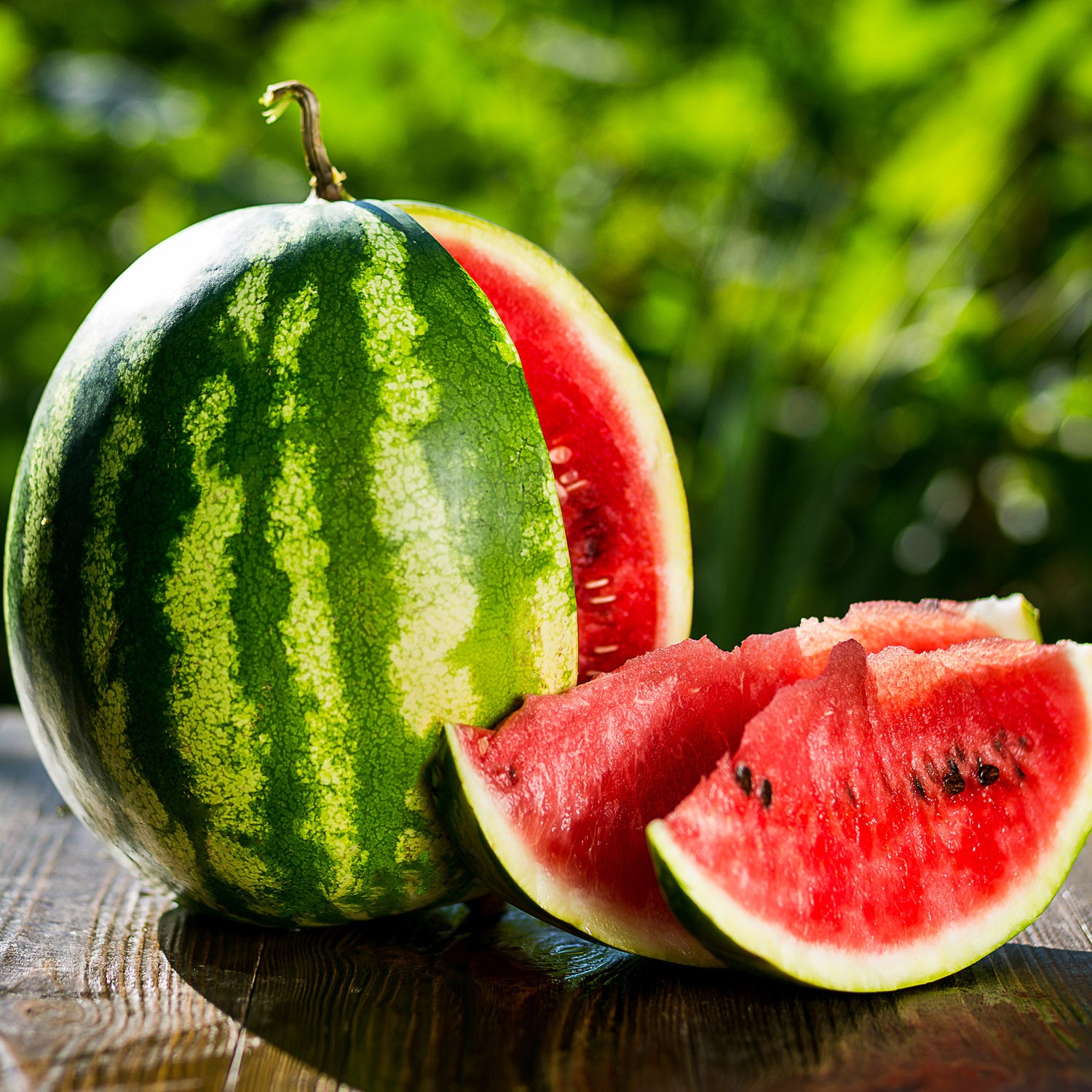Sleep is one of the most important parts of an athlete’s lifestyle.
Your body can’t recover from the demands of heavy training if you don’t regularly get a night of quality sleep.
Failing to get enough rest elevates your risk of injury as well as weakening your immune system.
If you get hungry late at night, this can be a problem for your bedtime routine. Eating the wrong thing can cause you to feel bloated and uncomfortable, making it harder to fall asleep.
But there are certain foods that can actually help your body drift into a deep sleep.
Kiwi
Eating one or two kiwis in the evening can help you fall asleep quicker, although scientists aren’t exactly sure why.
A study in Taiwan [https://apjcn.nhri.org.tw/server/APJCN/20/2/169.pdf] found adults who ate two kiwis one hour before bed nodded off 42% faster than when they ate nothing before bed.
Their total sleep time also increased by 13% and their likelihood of sleep through the night went up by 5%.
Cherries
Tart cherry juice is popular for its various health benefits. One is a link with better quality sleep.
This could be because cherries contain high concentrations of melatonin, the sleep hormone that’s responsible for regulating your circadian rhythm.
Watermelon
Dehydration is often a cause of sleep disruption or prolonged time to fall asleep.
To combat this, you can eat watery fruits like watermelon.
Each bite of watermelon is about 92% water. So if you feel late-night hunger it could be a good option.
Almonds
Almonds are a good source of melatonin and magnesium.
Consuming magnesium can reduce levels of inflammation and the stress hormone cortisol, making the body more relaxed and therefore more likely to fall asleep quicker.
Walnuts
Walnuts are another source of melatonin, and the fatty acids they contain can also enhance sleep.
These may lead to the production of serotonin, a hormone that regulates the circadian rhythm.
Although there is still little hard scientific research into the effects of eating walnuts on sleep, having a handful before bed if you’re hungry may help.


Share:
5 Health Benefits Of Adding Kefir To Your Diet
How To Watch The 2021 Crossfit Games In Europe